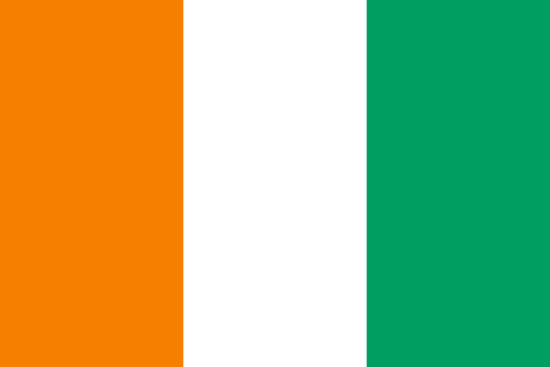
Health Insurance in Cote D'ivoire, Africa
Information expatriation
Capital City: Yamoussoukro
Total area: 322,463 km2
Population: 19,262,000
Money: Currency Converter
Time Zone: List of time zones by country
Calling Code: +225 XXX
Practical Information:
Health Product: Travel Insurance and Health insurance
Health Insurance information and Sanitary Risk: World Health Map
BLOG : Expat Health insurance Information
Here is a brief description of the healthcare system in the country:
· Governance: Ministry of Health oversees decentralized regional health departments and district offices.
· Funding: National health insurance program funded by payroll taxes, out-of-pocket payments, donors. Only covers basic benefits.
· Infrastructure: Nationwide network of health centers, district and regional hospitals in major cities/towns. Variable quality between urban and rural areas.
· Personnel: Critical shortage of qualified doctors, nurses, midwives especially in remote areas. Ratio of 1 doctor per 10,000 people.
· Services: Primary care, maternity care. Basic specialty services at regional hospitals. Advanced care requires travel to major cities.
· Private Sector: Growing number of private clinics and hospitals but expensive for most. Provide estimated 30% of national healthcare.
· Traditional/Alternative: Herbal medicines remain integral part of healthcare especially in north. Integrated into some facilities.
· Challenges: Poverty, funding gaps, inadequate facilities, shortage of trained staff, lack of access to services in rural populations.
· Reforms: Aim to strengthen decentralization, health insurance enrolment, expand community-based services through partnerships.
Here are some key health considerations for expatriates living in the country:
· Insurance - Purchase comprehensive international medical insurance covering repatriation flights. National insurance has limits.
· Facilities - Quality varies greatly between urban/rural areas. Confirm adequate options near your location before arriving.
· Vaccinations - Ensure routine immunizations are up to date. Get vaccinated against hepatitis A, typhoid and malaria prophylaxis as needed.
· Vector-borne disease - Take strict precautions against malaria, dengue, yellow fever which are endemic. Use nets, repellent, prophylaxis.
· Water safety - Drink only bottled, boiled or treated water. Ice may be unsafe as well due to cleaning standards.
· Road travel - Driving conditions can be hazardous. Consider transportation safety carefully.
· Languages - While French is official, many dialects exist. Learn basic medical terms for communication as needed.
· Imports - Bring extra prescription medications as availability may be limited outside major cities.
